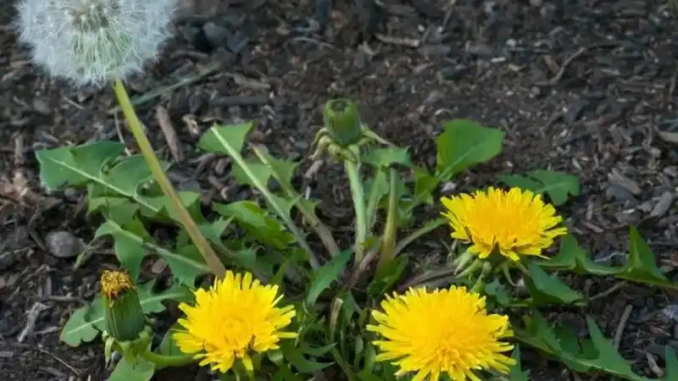

What if the plants you dismiss as weeds in your garden are actually nature’s hidden treasures? Many of these “nuisances” are packed with health benefits and offer versatile uses. Below, we explore four plants you’ve likely seen growing everywhere—dandelion, purslane, plantain, and yarrow—and uncover their incredible potential.
Dandelion (Taraxacum officinale)
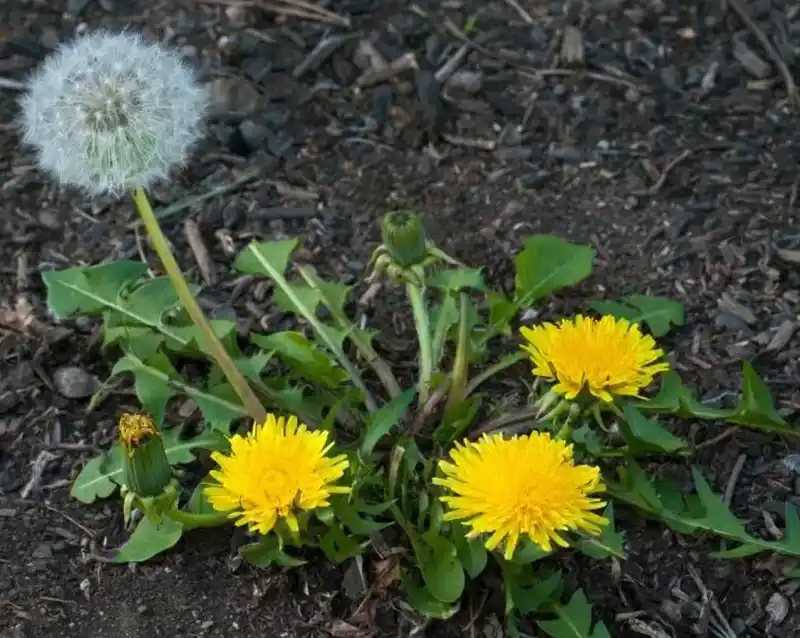
Often seen as an annoying lawn invader, dandelions are actually loaded with nutrients and medicinal properties.
Benefits:
- Rich in vitamins: High levels of vitamins A, C, K, and several B vitamins.
- Liver detox: Supports liver health by stimulating bile production.
- Aids digestion: Acts as a natural diuretic and helps with digestive issues.
- Skin health: Anti-inflammatory properties can soothe skin conditions like acne or eczema.
- Blood sugar control: May help regulate blood sugar levels.
- Bone health: Contains calcium and vitamin K, essential for strong bones.
How to Use:
- Tea: Dry the leaves and roots, then steep in hot water to make a cleansing tea.
- Salads: Add young dandelion leaves to salads for a nutrient boost.
- Topical use: Crush the leaves into a paste and apply to minor skin irritations.
Purslane (Portulaca oleracea)
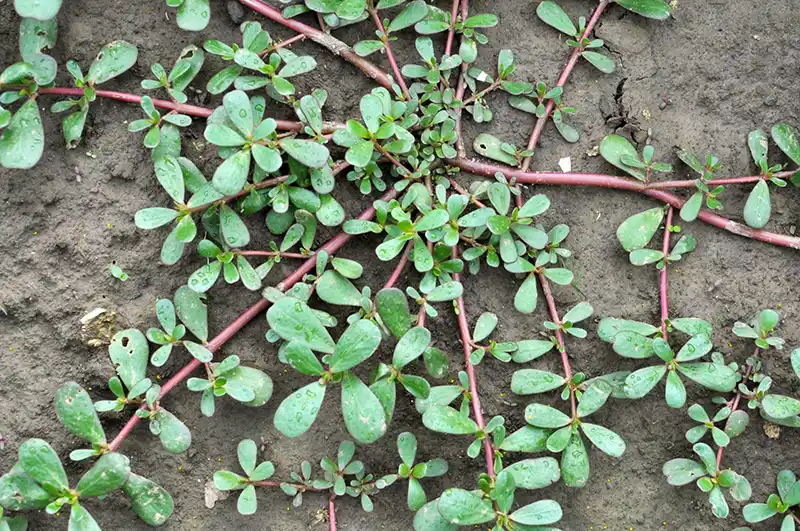
A humble plant found between cracks in sidewalks or gardens, purslane is a nutritional powerhouse.
Benefits:
- Omega-3 fatty acids: Contains more omega-3s than most leafy vegetables, beneficial for heart health.
- Antioxidant-rich: Packed with vitamin E, beta-carotene, and glutathione.
- Anti-inflammatory: Helps reduce inflammation throughout the body.
- Hydration: High water content makes it a great addition to summer meals.
- Supports weight loss: Low-calorie and fiber-rich for better digestion and satiety.
- Heart health: Magnesium and potassium promote cardiovascular health.
- Wound healing: Contains compounds that accelerate wound recovery.
How to Use:
- Raw: Wash thoroughly and add to sandwiches or salads for a crunchy, tangy flavor.
- Juice: Blend with other greens for a refreshing drink.
- Stir-fry: Lightly sauté with garlic and olive oil as a side dish.
Broadleaf Plantain (Plantago major)
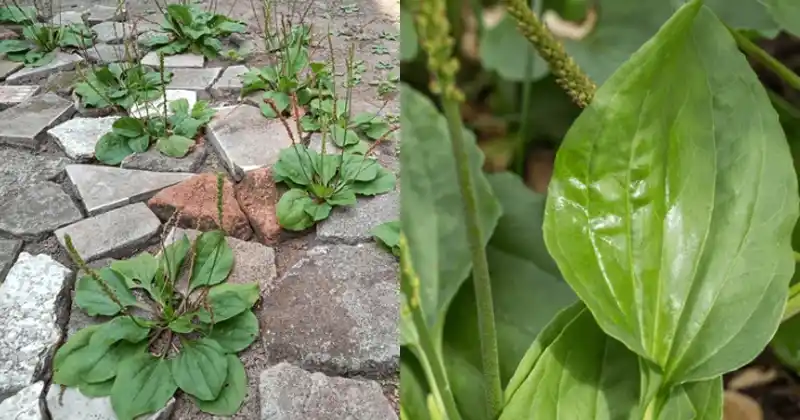
This plant, often overlooked, is a versatile remedy with numerous health applications.
Benefits:
- Skin healing: Known for its ability to treat wounds, burns, and insect bites.
- Respiratory health: Soothes coughs and clears mucus.
- Digestive aid: Reduces symptoms of diarrhea and constipation.
- Anti-bacterial: Helps combat infections when applied topically.
- Detoxification: Promotes the elimination of toxins through urine.
- Joint support: Anti-inflammatory properties ease joint pain.
- Immune boost: Rich in vitamins C and A.
How to Use:
- Poultice: Crush fresh leaves and apply directly to wounds or bites.
- Tea: Boil dried leaves for a soothing digestive or respiratory remedy.
- Infused oil: Steep leaves in olive oil to create a natural salve for skin issues.
Yarrow (Achillea millefolium)
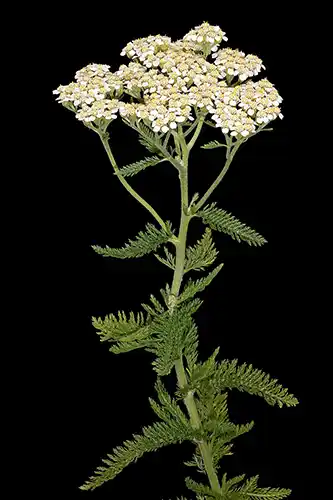
Yarrow may be small, but its benefits are mighty, offering help for everything from wounds to fever relief.
Benefits:
- Wound care: Its astringent properties help stop bleeding and promote healing.
- Fever reduction: Acts as a natural diaphoretic to reduce fever by promoting sweating.
- Menstrual health: Helps regulate heavy menstrual bleeding.
- Digestive health: Eases bloating and cramping.
- Stress relief: Its mild sedative properties can calm nerves.
- Anti-microbial: Fights infections when applied to the skin.
- Circulation support: Improves blood circulation and cardiovascular health.
- Cold and flu: Relieves symptoms of colds, including nasal congestion.
How to Use:
- Tea: Brew dried flowers and leaves to soothe digestive issues or fever.
- Compress: Soak a cloth in yarrow tea and apply to wounds or bruises.
- Tincture: Use a tincture made from the plant to relieve cold symptoms or menstrual discomfort.
These “weeds” are more than just plants—they’re powerful allies in health and wellness. By recognizing their value and incorporating them into your daily routine, you can unlock a treasure trove of natural benefits. Next time you spot one of these plants, you might think twice before pulling it out!
Disclaimer: Always consult a healthcare provider before using plants medicinally, especially if pregnant, nursing, or taking other medications.Inspired by this? Share the article with your friends!
Để lại một phản hồi